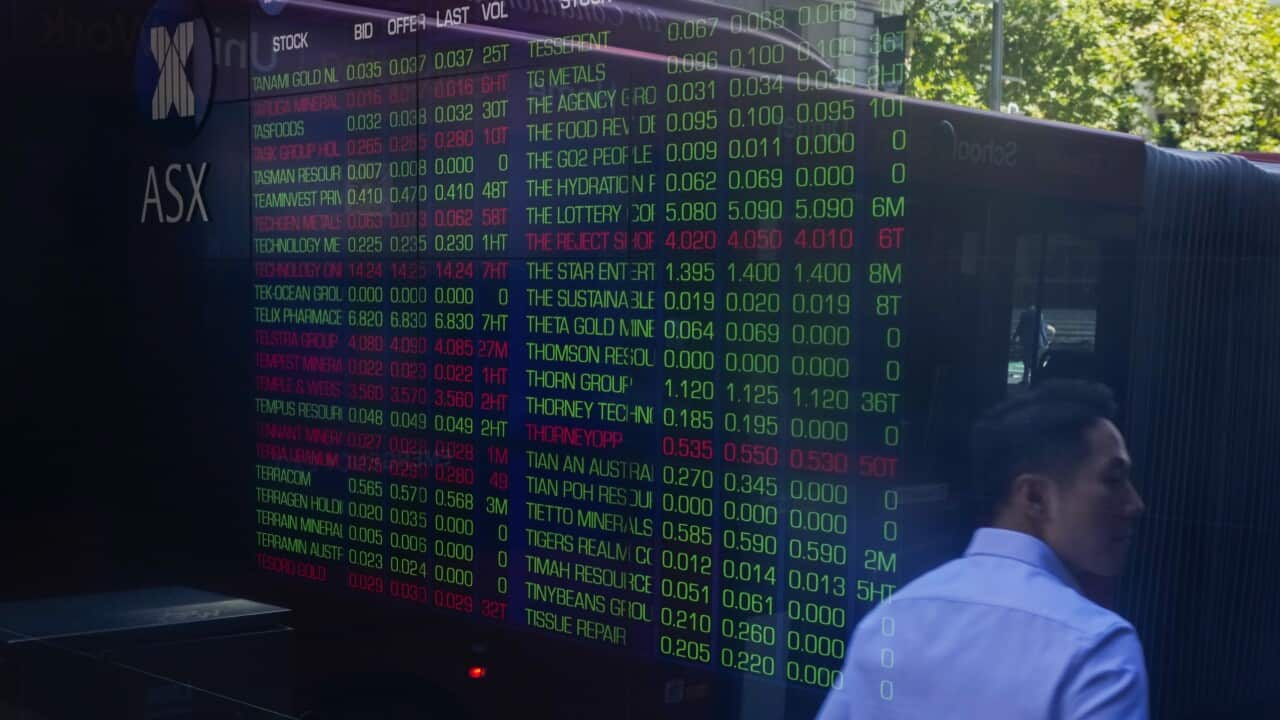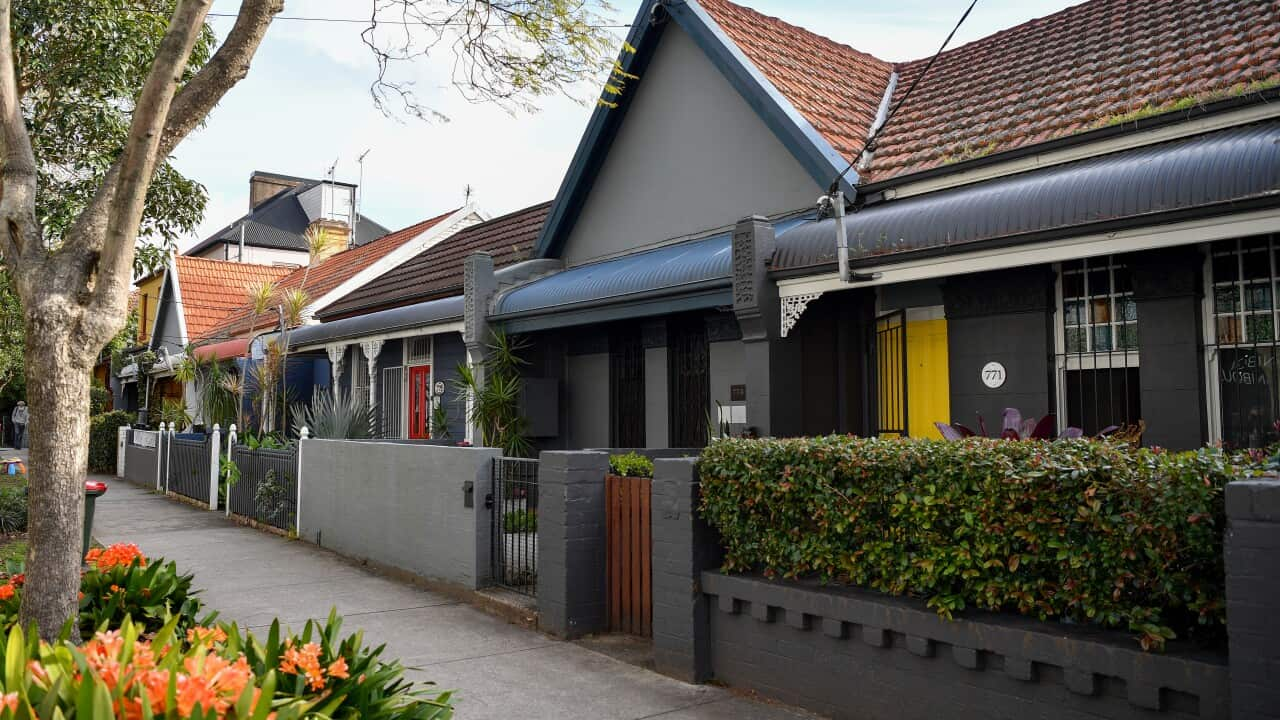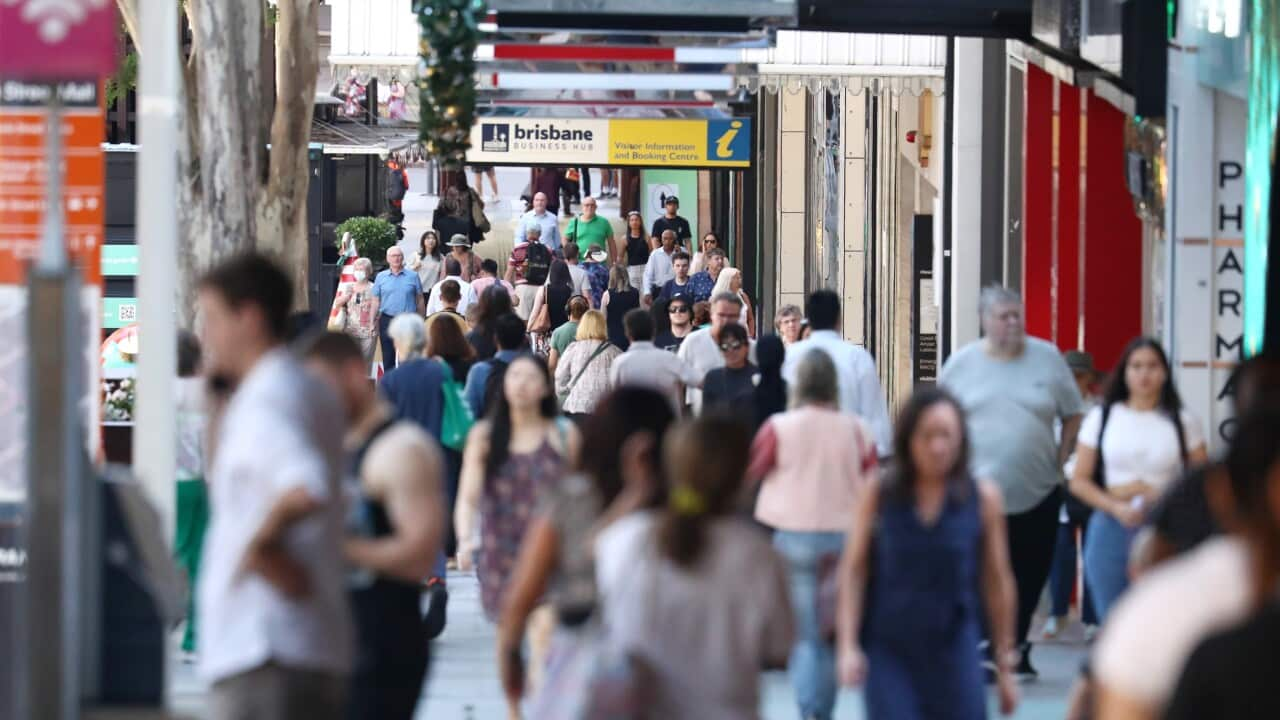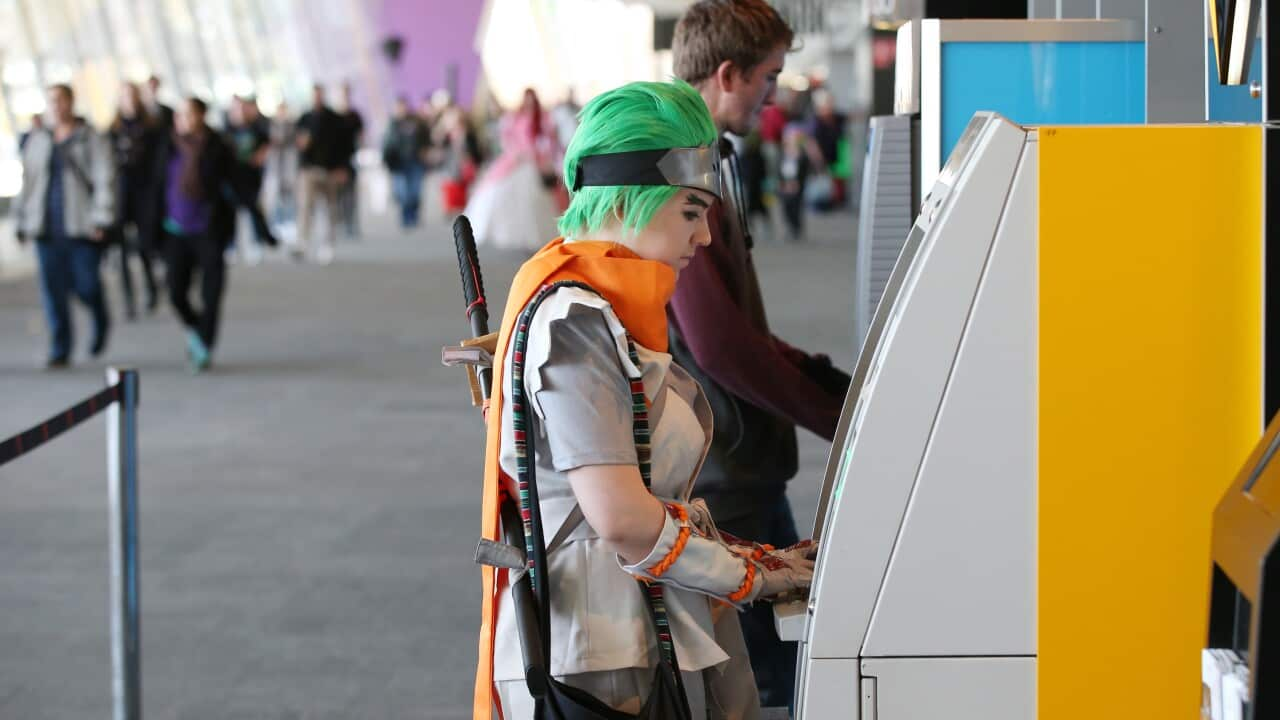Key Points
- Some analysts predict Australia is facing a 50 per cent chance of a recession in the next 12 months.
- The Prime Minister and the Treasurer say they are optimistic this won't happen.
- Neighbours like New Zealand have entered a technical recession.
Australia is moving closer towards a recession and its chances of experiencing one in the next year is sitting at around 50 per cent, according to economists.
This is despite insistence from Treasurer Jim Chalmers that neither Treasury nor the central bank were forecasting a recession, after the Reserve Bank of Australia (RBA) raised interest rates to 4.1 per cent earlier this month.
But analysts from AMP Capital and National Australia Bank (NAB) are worried, following predictions of low growth in sections of the economy and a creeping rise in underemployment.

The Reserve Bank of Australia has gradually hiked interest rates up to 4.1 per cent. Source: SBS News
Is Australia heading into recession in 2023?
Senior economist at AMP Australia Diana Mousina believes a recession is "becoming more likely than not", based on the 50 per cent forecast that AMP has published.
"It depends on the data that comes out and what the RBA decides to do in the coming months but obviously we are moving closer towards the recession in Australia," she told SBS News.
"Our current growth forecasts are pretty weak for the next 12 months."
In the United States, the yield curve inverted last year and the country is likely to go into recession in the next 12 months, according to many economists.
New Zealand slipped into a technical recession last week, following two quarters of negative economic growth.
Experts believe there are some similarities between New Zealand's situation and Australia's — but also important differences.
"(In New Zealand) what we're seeing is not that the economy itself is falling into a hole, it's really that the big post-pandemic surge of spending has finally tapered off," Monash University economics lecturer Isaac Gross told SBS News.
"I think we're going to see a similar outcome here in Australia," he said, adding that estimating a 50 per cent likelihood of recession was "reasonable".
But Australia has high population growth, and the RBA has been less aggressive with interest rate hikes than New Zealand's, Dr Gross said.
NAB chief economist Alan Oster argues Australia's economy is now facing its worst back-to-back years since the 1990-91 recession.
However said last week he remained hopeful Australia would avoid a recession.
"I am very positive about Australia's future," he said.
What happens during a recession?
Some young Australians have never experienced a recession — the last official one having occurred in 1991-1992.
Ms Mousina says the impacts would be felt gradually and will depend on the length and severity of the economic contraction.

Centrelink offices around Australia were inundated with people attempting to register for the Jobseeker allowance in the wake of business closures due to the COVID-19 pandemic in 2020. Source: AAP / STEFAN POSTLES/AAPIMAGE
Activity in the economy will slow, business profits will contract, and the unemployment rate will go up.
For some, the financial hardships during the pandemic lockdowns felt like a recessionary period.
"Some people would say that they did experience a recession, during the pandemic — small business owners, people whose hours were reduced or people who lost their job and didn't know if they'd be able to get employed again," Ms Mousina said.
She said the images from the Great Depression of the 1930s, of people lining up at unemployment queues and withdrawing money from banks may not be what we'd see during a modern downturn.
If Australia were to head into a recession, it would be very different to previous ones because unemployment hasn't been forecast to go over five per cent any time soon, Dr Gross said.
During the 1990s recession, it was over 10 per cent.
"If the unemployment rate stays as low as it is, which it seems it will, that will shield a lot of households from some of the worst aspects of the recession," he said.
Will people lose their jobs during a recession?
Different industries would likely fare differently.
Essential services like policing, aged care and health care, are considered recession-proof, Ms Mousina said.
"But if you're in a cyclical sector, like industrial production, manufacturing, the consumer discretionary sector, then you will see more of those impacts," she said.
Dr Gross said industries that are affected by people pulling back on spending would be hard hit.
"Things like live arts and entertainment and the restaurant industry. We've already seen people cut spending on those things."
He said house prices would likely go down if people can't afford to buy.
What is the path out of a recession?
In order to avoid a recession altogether, one of the only policy levers available would be for the Reserve Bank to freeze interest hikes, Dr Gross said.
But were we to hypothetically enter a recession, the path out would be determined by how bad things got.
Ms Mousina said the government and the Reserve Bank's options would include monetary policies such as cutting interest rates or quantitative easing as occurred during the pandemic, or government handouts and financial assistance.















